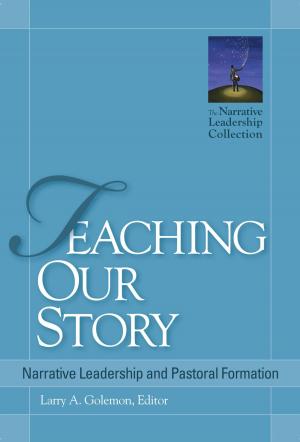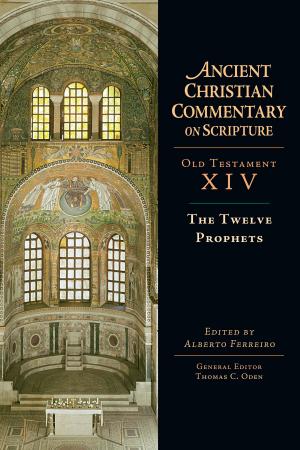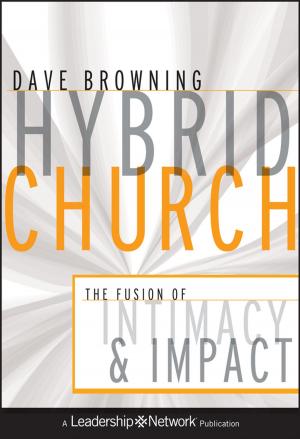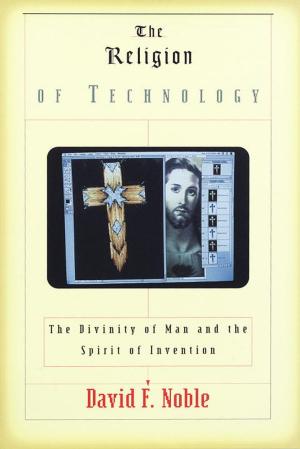Reconsidering Arminius
Beyond the Reformed and Wesleyan Divide
Nonfiction, Religion & Spirituality, Christianity, Denominations, Methodism, Church| Author: | ISBN: | 9781426796555 | |
| Publisher: | Kingswood Books | Publication: | December 2, 2014 |
| Imprint: | Kingswood Books | Language: | English |
| Author: | |
| ISBN: | 9781426796555 |
| Publisher: | Kingswood Books |
| Publication: | December 2, 2014 |
| Imprint: | Kingswood Books |
| Language: | English |
The theology of Dutch theologian Jacob Arminius has been misinterpreted and caricatured in both Reformed and Wesleyan circles. By revisiting Arminius’s theology, the book hopes to be a constructive voice in the discourse between so-called Calvinists and Arminians.
Traditionally, Arminius has been treated as a divisive figure in evangelical theology. Indeed, one might be able to describe classic evangelical theology up into the twentieth century in relation to his work: one was either an Arminian and accepted his theology or one was a Calvinist and rejected his theology. Although various other movements within evangelicalism have provided additional contour to the movement (fundamentalism, Pentecostalism, etc.), the Calvinist-Arminian 'divide' remains a significant one. What this book seeks to correct is the misinterpretation of Arminius as one whose theology provides a stark contrast to the Reformed tradition as a whole. Indeed, this book will demonstrate instead that Arminius is far more in line with Reformed orthodoxy than popularly believed and show that what emerges as Arminianism in the theology of the Remonstrants and Wesleyan movements was in fact not the theology of Arminius but a development of and sometimes departure from it.
This book also brings Arminius into conversation with modern theology. To this end, it includes essays on the relationship between Arminius's theology and open theism and Neo-Reformed theology. In this way, this book fulfills the promise of the title by showing ways in which Arminius's theology—once properly understood—can serve as a resource of evangelical Wesleyans and Calvinists doing theology together today.
Editors: Keith D. Stanglin, Mark G. Bilby, and Mark H. Mann
Contributors:
Jeremy Dupertuis Bangs
Mark G. Bilby
Oliver D. Crisp
W. Stephen Gunter
John Mark Hicks
Mark H. Mann
Thomas H. McCall
Richard A. Muller
Keith D. Stanglin
E. Jerome Van Kuiken
The theology of Dutch theologian Jacob Arminius has been misinterpreted and caricatured in both Reformed and Wesleyan circles. By revisiting Arminius’s theology, the book hopes to be a constructive voice in the discourse between so-called Calvinists and Arminians.
Traditionally, Arminius has been treated as a divisive figure in evangelical theology. Indeed, one might be able to describe classic evangelical theology up into the twentieth century in relation to his work: one was either an Arminian and accepted his theology or one was a Calvinist and rejected his theology. Although various other movements within evangelicalism have provided additional contour to the movement (fundamentalism, Pentecostalism, etc.), the Calvinist-Arminian 'divide' remains a significant one. What this book seeks to correct is the misinterpretation of Arminius as one whose theology provides a stark contrast to the Reformed tradition as a whole. Indeed, this book will demonstrate instead that Arminius is far more in line with Reformed orthodoxy than popularly believed and show that what emerges as Arminianism in the theology of the Remonstrants and Wesleyan movements was in fact not the theology of Arminius but a development of and sometimes departure from it.
This book also brings Arminius into conversation with modern theology. To this end, it includes essays on the relationship between Arminius's theology and open theism and Neo-Reformed theology. In this way, this book fulfills the promise of the title by showing ways in which Arminius's theology—once properly understood—can serve as a resource of evangelical Wesleyans and Calvinists doing theology together today.
Editors: Keith D. Stanglin, Mark G. Bilby, and Mark H. Mann
Contributors:
Jeremy Dupertuis Bangs
Mark G. Bilby
Oliver D. Crisp
W. Stephen Gunter
John Mark Hicks
Mark H. Mann
Thomas H. McCall
Richard A. Muller
Keith D. Stanglin
E. Jerome Van Kuiken















